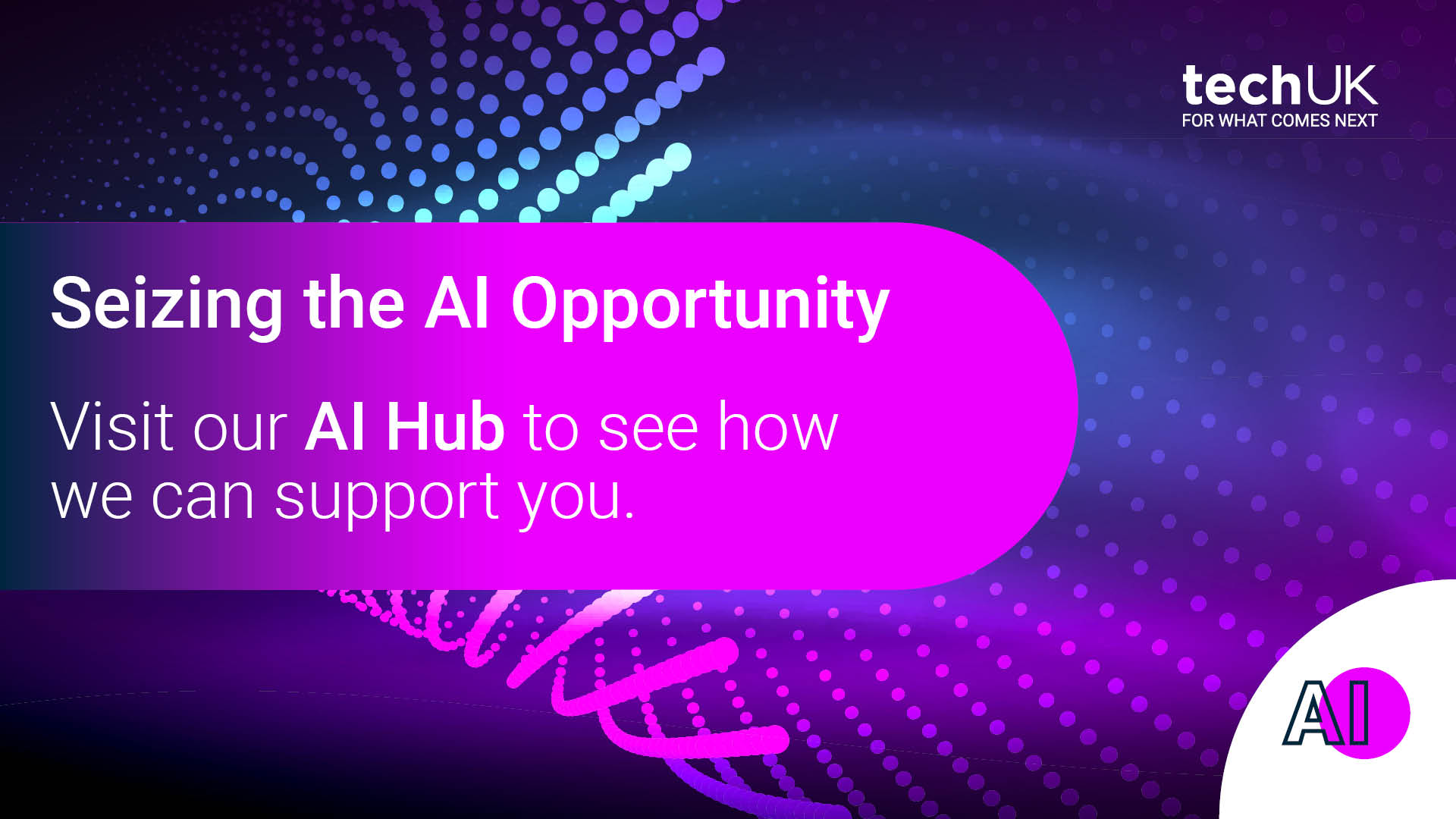AI’s Real Power: People and Skills, Not Just Technology
We’re long past the breathless headlines about Artificial Intelligence. It’s no longer a shiny concept waiting in the wings; it’s already embedded into the fabric of our lives and shaping the future of our economies.
But for all the talk of opportunity, one truth remains: without the right skills in the right hands, AI will never deliver on its promise. Technology cannot transform industries alonge, it requires people.
The great AI divide will not be between businesses, industries, and nations that have AI and those that do not. It will be between those that have skilled people who can use AI effectively and those that do not.
To unlock the full value of AI, we need a practical and intelligent plan to build a workforce ready to use it. That demands collaboration — industry working with universities, learning providers, and professional bodies to create education that is fast, relevant, and rooted in real world needs.
Encouragingly, Tech Industry Gold universities and training organisations are already adapting, forging new partnerships, designing modular and flexible programmes, and ensuring what is taught in the classroom matches what is needed in the boardroom. Get it right, and we get the best of both worlds: strong standards of excellence alongside skills businesses actually need. Get it wrong, and we risk an economy fuelled by theory but slowed by a shortage of practical talent.
Traditionally, universities moved at a cautious pace while businesses charged ahead. But AI is encouraging a faster and more productive relationship. Universities are co-designing AI curriculums with major employers, embedding industry placements, and rolling out short, targeted courses aligned to new business needs.
At the same time, AI powered platforms are empowering students. The area to solve real world challenges requires critical thinking, collaboration, and practical problem solving. By blending smart curriculum with AI driven feedback and human moderation, it is showing what education can become when it sits at the intersection of academia, technology, and industry.
Of course, not all education is created equal. We do not just need more training — we need better training. Accredited, rigorous programmes that employers and employees can trust. Accreditation is not about creating barriers; it is about building confidence and ensuring that skills taught lead to real employability.
Building this capability does not mean producing only coders. We need a workforce that is AI literate — workers, managers, and business owners who understand what AI can and cannot do, where it fits into their businesses, and how to use it wisely and ethically. AI literacy is becoming as fundamental to business as knowing how to send an email or manage finances.
Scaling AI adoption means focusing where it matters most — in the meeting rooms of the UK's 5.5 million small and medium sized enterprises. SMEs employ around 60 percent of the UK workforce and account for over half of business turnover. If AI does not reach them, it does not scale.
Helping SMEs adopt AI is about making sure the people who built and sustain our economy are not left behind. It is about upskilling and reskilling the workforce that matters most.
The reality is that most SMEs face real barriers to investing in AI skills and training. They do not have large HR departments or innovation budgets. Time is tight, margins are tighter, and the pressure to keep trading often wins out over long term investment. Training must be affordable, flexible, accessible, and closely aligned to real business needs.
There are promising examples. Tech Industry Gold accredited institutions like the University of East London are taking a modular, stackable approach that can be accessed by employers and individuals, combining academic rigour with the flexibility needed in today’s working world. By making education more accessible and business relevant, they are showing that high standards and practical outcomes can go hand in hand.
To make this work at scale, we need a clear and ambitious approach to funding skills development. The Skills and Growth Levy, for example, could become a powerful investment tool — rewarding SMEs for developing expertise in AI, digital transformation, and other key fields. Training credits should be flexible. Short courses should be available alongside apprenticeships. Businesses should be able to pool resources across supply chains. In short, learning should happen at the pace that businesses and people actually move.
Initiatives like Skills Bootcamps are already pointing in the right direction, offering short, flexible training linked to employer needs. But without formal accreditation, their impact may be limited. Trusted standards help ensure that skills training leads to employment and career growth.
Ultimately, we are not just building technical systems. We are building human systems, preparing people for the jobs, industries, and economies of the future.
The winners in the AI era will not be those with the most powerful tools. They will be the ones who get the most people using AI wisely, creatively, and confidently — across every business, every sector, every community.
techUK - Seizing the AI Opportunity
The UK is a global leader in AI innovation, development and adoption.
AI has the potential to boost UK GDP by £550 billion by 2035, making adoption an urgent economic priority. techUK and our members are committed to working with the Government to turn the AI Opportunities Action Plan into reality. Together we can ensure the UK seizes the opportunities presented by AI technology and continues to be a world leader in AI development.
Get involved: techUK runs a busy calendar of activities including events, reports, and insights to demonstrate some of the most significant AI opportunities for the UK. Our AI Hub is where you will find details of all upcoming activity. We also send a monthly AI newsletter which you can subscribe to here.
Upcoming AI Events
Latest news and insights
Subscribe to our AI newsletter
AI and Data Analytics updates
Sign-up to our monthly newsletter to get the latest updates and opportunities from our AI and Data Analytics Programme straight to your inbox.
Contact the team
Visit our AI Hub - the home of all our AI content:

Enquire about membership:











